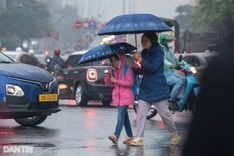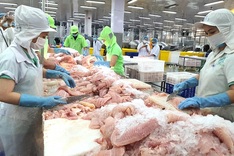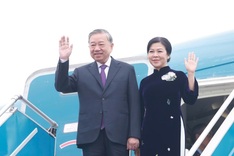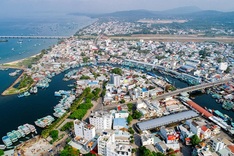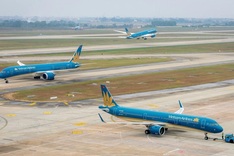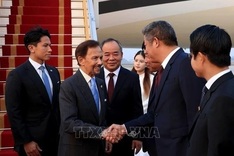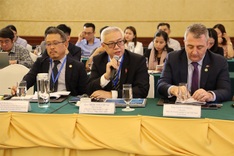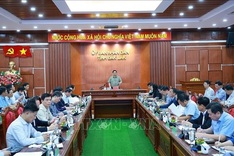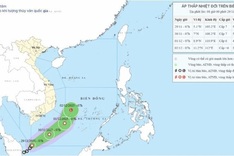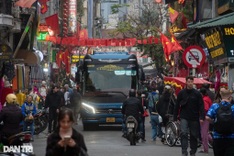The 10-member Association of Southeast Asian Nations, which count on the United States as their main export market, were among those slapped with the toughest levies by President Donald Trump.
"To remain relevant and resilient in a world where economic chaos is fast becoming the new normal, we must act boldly, decisively, and together to reaffirm ASEAN's commitment to a stable, predictable, and business-friendly environment," ASEAN Secretary-General Kao Kim Hourn told an investment conference.
He was speaking on the eve of a meeting of ASEAN economic and finance ministers as well as central bank governors in the Malaysian capital of Kuala Lumpur to discuss how to respond to the US tariffs.
ASEAN governments have chosen not to the retaliate against Washington, preferring dialogue.
But their export-oriented economies risk being hurt by a global trade war after China -- another key market -- imposed its own tariffs on the United States.
"Without urgent and collective action to accelerate intra-ASEAN economic integration and diversify our markets and partnerships, we risk ceding our place in a fractured and fast-evolving global economy," Kao said.
Manufacturing powerhouse and ASEAN member Vietnam was hit with a 46 percent tariff on exports to the United States, while neighbouring Cambodia -- a major producer of low-cost clothing for big Western brands -- was slapped with a 49 percent duty.
Other ASEAN nations hit with hefty tariffs are Laos (48 percent), Myanmar (44 percent), Thailand (36 percent), Indonesia (32 percent).
Malaysia, Southeast Asia's third-largest economy, was hit with lower tariff of 24 percent.
Brunei also faces a 24 percent tariff while the Philippines was hit with 17 percent and Singapore 10 percent.
The bloc has a combined population of more than 650 million but its members are at different stages of economic development, ranging from poorer countries like Laos and Cambodia to rich ones like financial centre Singapore.





